Why Heritage Day matters beyond a day off
When the sun set on 24 September, streets from Cape Town to Limpopo buzzed with music, braais, and colourful displays of traditional dress. For many, the day is a much‑needed break from work, but beneath the celebrations lies a deeper purpose: reminding South Africans that their myriad cultures are not just relics but active ingredients for nation‑building.
Stellenbosch University’s Professor Chris Jones and Deputy Vice‑Chancellor Nico Koopman used the holiday as a platform to argue that heritage is a strategic asset, not a nostalgic afterthought. Their op‑eds, published in local newspapers, called for a “transforming and beautiful” approach to traditions—one that respects history while adapting to modern challenges like unemployment and inequality.
That call resonates across classrooms, community centres, and city halls. Schools are swapping textbook lectures for student‑led performances of folk dances, storytelling circles, and food fairs. In townships, elders are invited to share oral histories, giving younger generations a living link to the past. These activities do more than entertain; they stitch together a shared sense of belonging, a prerequisite for social cohesion and peace.
Heritage Day also serves as a gentle reminder that South Africa’s identity is a mosaic, not a single narrative. The holiday’s evolution from a Shaka‑focused commemoration to an inclusive celebration mirrors the country’s own journey from apartheid dividedness to a constitutional democracy striving for unity.
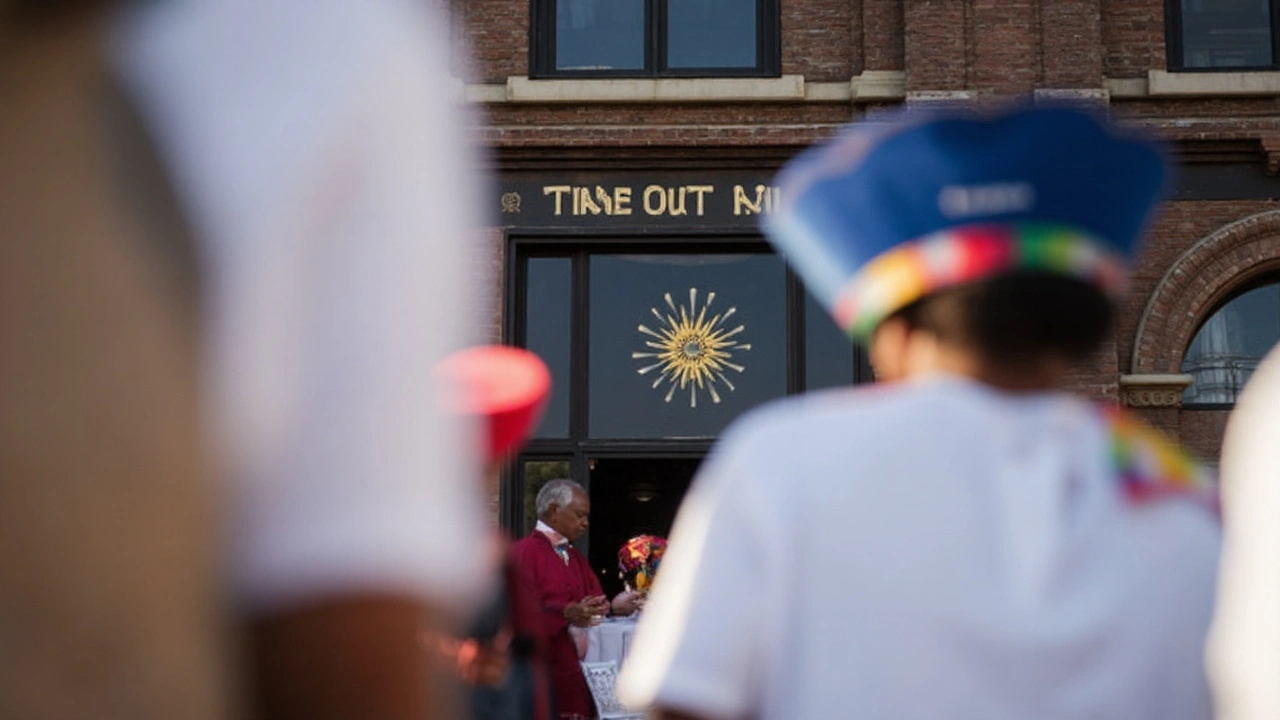
Living heritage as a tool for development
“Living heritage” is a buzzword the Department of Sport, Arts and Culture has embraced in a new draft policy. It covers everything from indigenous knowledge about medicinal plants to traditional craftsmanship in beadwork and metalwork. By cataloguing these practices, the department hopes to protect them from erosion while also turning them into engines of economic opportunity.
Take the example of the Xhosa ndaba storytelling tradition. Researchers have partnered with local entrepreneurs to record these narratives, then package them as podcasts and school curricula. The result? New jobs for storytellers, a revival of language use among youths, and an added cultural export that can be streamed internationally.
In the Eastern Cape, a cooperative of weavers has leveraged the policy’s emphasis on skill preservation to secure micro‑finance. Their hand‑woven baskets now appear in boutique shops in Johannesburg and Cape Town, fetching prices that far exceed the raw materials’ cost. The success story underscores how safeguarding intangible heritage can directly address poverty.
Academics stress that heritage must be seen as a dynamic resource. Professor Jones notes that “when communities feel their ancestors’ knowledge is valued, they are more likely to engage with state programmes, from health campaigns to climate‑adaptation projects.” In practice, this means integrating traditional water‑conservation techniques into modern irrigation schemes, or using communal grazing knowledge to inform sustainable livestock policies.
Critics warn that commercialising culture can dilute its authenticity. The draft policy tries to strike a balance by mandating community consent and profit‑sharing mechanisms. It also calls for education programmes that teach both the historical context of practices and their contemporary relevance.
Beyond economics, living heritage offers a framework for reconciliation. By creating spaces where Zulu, Afrikaans, Tswana, Indian, and coloured communities showcase and learn from each other, the day plants seeds of empathy that can grow into lasting peace.
As South Africa looks to the future, the message from academics, policymakers, and everyday citizens is clear: heritage is not a static museum piece. It is a living, breathing toolkit that can help solve the nation’s most pressing problems, from unemployment to environmental degradation. And every time a family gathers around a braai on Heritage Day, they are, knowingly or not, rehearsing the collaborative spirit needed for that toolkit to work.

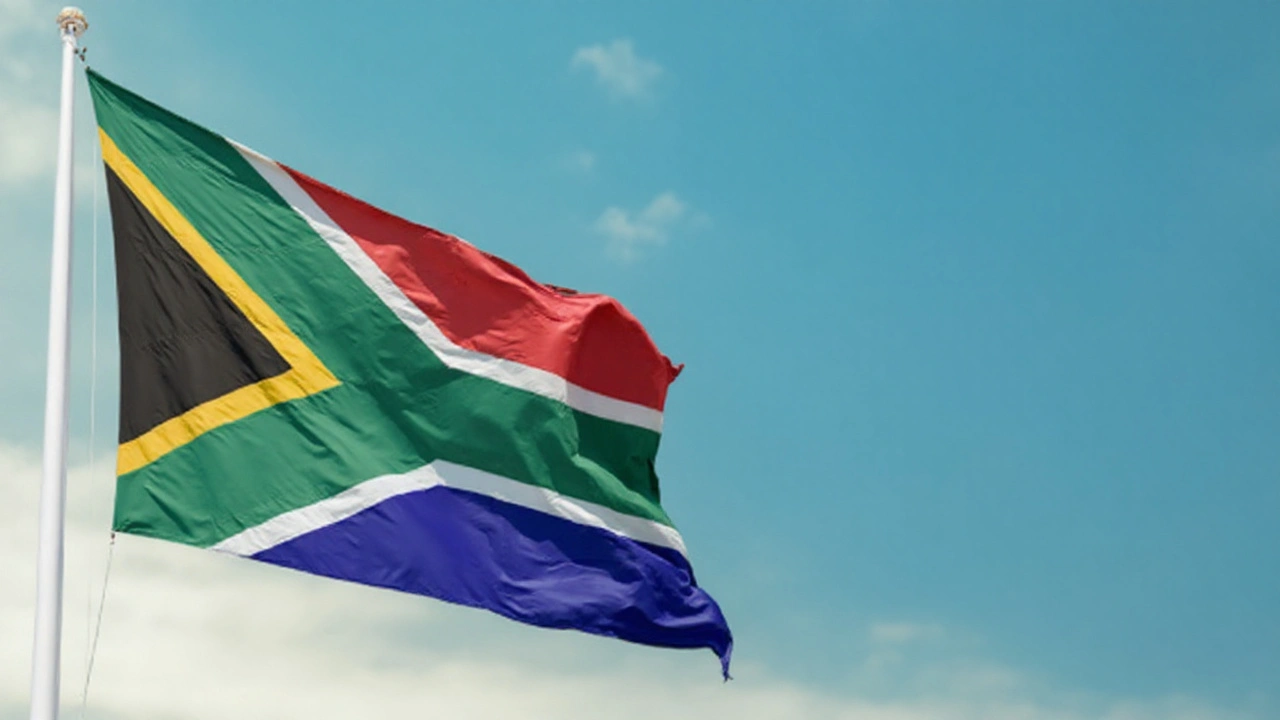

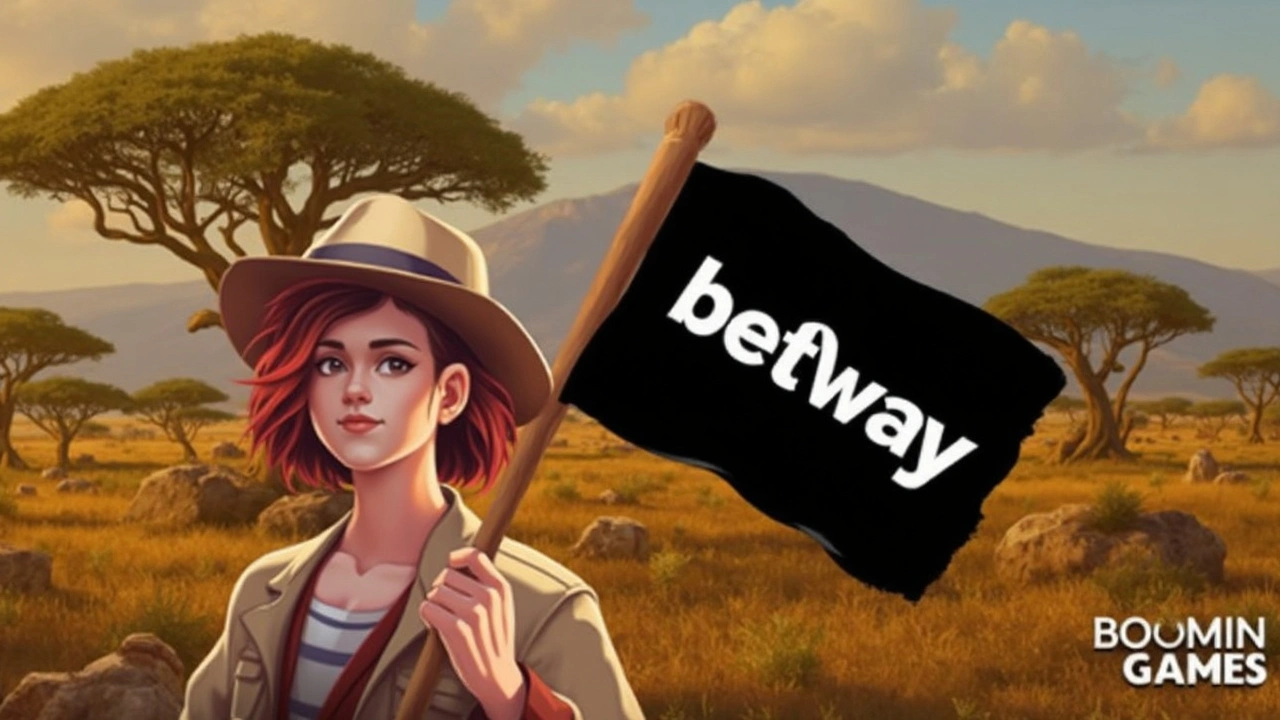


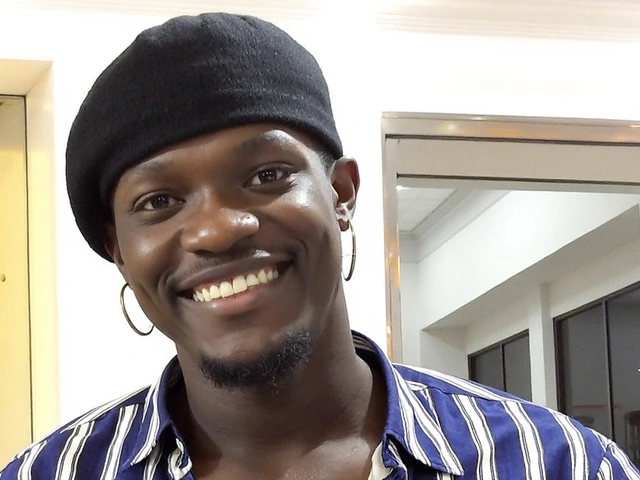
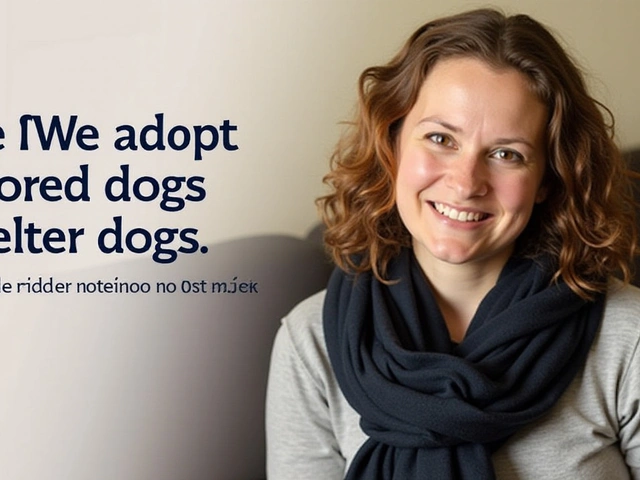
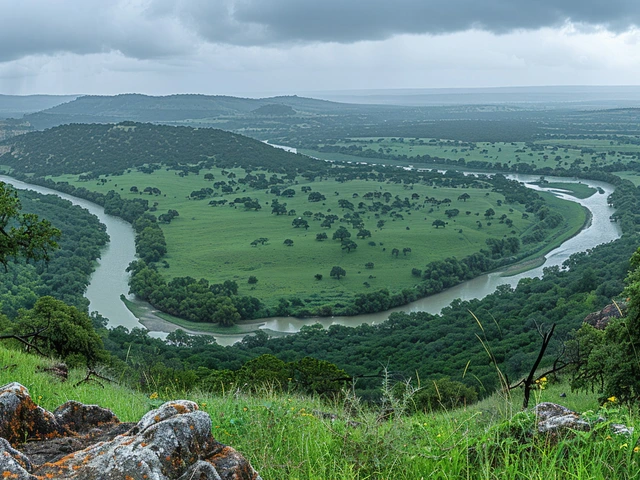
13 Comments
Heritage Day isn’t just a day off; it’s a catalyst for community‑driven development. When towns host braais and traditional dances, young people see their ancestors’ skills in action. That visibility turns intangible culture into a practical toolkit for entrepreneurship. Governments that tie micro‑finance to craft cooperatives are already seeing real income boosts. 🌍
Oh fantastic, another reminder that history will magically fix our unemployment crisis. The narrative glosses over the fact that most heritage projects still lack sustainable funding. Yet the photo‑ops keep the tourism board happy, which is apparently the ultimate priority. Drama aside, the reality on the ground is far messier.
Honestly, the whole heritage hype feels like a marketing gimmick. The policies sound noble, but without real jobs the buzz fades.
Culture, when reduced to a mere branding exercise, loses its transformative power, yet South Africa’s approach attempts something more ambitious. By framing heritage as a living ecosystem, policymakers recognize that traditions evolve alongside technology. The Xhosa ndaba storytelling initiative exemplifies this, converting oral narratives into digital formats that can be monetized. When storytellers receive royalties for podcasts, they gain a stake in the modern economy while preserving linguistic diversity. Similarly, the Eastern Cape weavers demonstrate how micro‑finance, anchored in cultural authenticity, can break the cycle of poverty. Their baskets, now displayed in urban boutiques, command prices that reflect craftsmanship rather than just raw material cost. This shift challenges the old colonial perception of African art as merely decorative. Moreover, integrating indigenous water‑conservation techniques into contemporary irrigation schemes creates a synergy between ancient wisdom and climate resilience. Communities that witness their ancestral knowledge valued are more likely to cooperate with public health initiatives, reducing vaccine hesitancy. The policy’s insistence on community consent and profit‑sharing mitigates fears of cultural exploitation. However, the bureaucratic machinery must remain flexible; rigid oversight could stifle the very creativity it aims to protect. Academic voices, like Professor Jones, argue that when heritage becomes a participatory process, it fosters social cohesion essential for nation‑building. The mosaic metaphor-highlighted in the article-captures the plurality of identities co‑creating a shared future. In practice, schools that replace textbook lectures with performance‑based learning see higher engagement rates. Economic metrics, such as increased employment in the craft sector, provide tangible evidence of success. Ultimately, treating heritage as a dynamic resource rather than a static museum piece could reshape South Africa’s development trajectory.
While the prose is impressive, it glosses over the fact that many of these projects are still pilot schemes with shaky funding. The article romanticizes community consent without acknowledging the power imbalances that can skew profit‑sharing. In reality, without transparent accountability, even well‑meaning initiatives can become avenues for elite capture.
The tragedy lies not in the lofty ideas but in the broken promises that leave artisans stranded. One can feel the sorrow threading through each abandoned loom, echoing the ghosts of forgotten ancestors. This emotional weight demands more than fluffy rhetoric; it calls for urgent action.
The link between heritage and job creation is clearer than many think. When local schools showcase traditional crafts, students often discover career paths they hadn’t considered. Supporting these programs can also strengthen intergenerational bonds, which is vital for social stability. It’s encouraging to see policy catching up with grassroots enthusiasm.
Nice summary.
Labeling heritage as a ‘toolkit’ risks reducing rich cultures to mere commodities. True progress requires recognizing that some traditions resist commodification and should remain sacred. Balance, therefore, lies in protecting both the economic and the intangible values.
Celebrating multiple cultures side by side builds the empathy needed for lasting peace. When Zulu drums mingle with Afrikaans folk songs, listeners experience a shared humanity. This auditory collage can soften historic grievances and open doors for dialogue. It’s a powerful step toward national reconciliation.
Indeed, cultural intermingling serves as a living laboratory for social integration. By encouraging cross‑community events, we create spaces where stereotypes can be dismantled. Such grassroots diplomacy often outperforms top‑down policy in fostering genuine understanding. Let’s amplify these initiatives across the country.
From a systems‑thinking perspective, the integration of intangible heritage into economic development represents a complex adaptive process. Stakeholder mapping reveals that community elders, NGOs, and financial institutions occupy distinct nodes that must synchronize for value co‑creation. Leveraging social capital through participatory budgeting can unlock micro‑enterprise opportunities, while simultaneously reinforcing cultural identity. Additionally, the diffusion of traditional ecological knowledge into modern environmental management reduces redundancy and promotes resilience. Metrics such as employment elasticity, cultural retention index, and sustainability quotients should be incorporated into policy evaluation frameworks. By adopting a multi‑layered assessment model, policymakers can mitigate the risk of cultural dilution while maximizing socioeconomic returns. Ultimately, this holistic approach respects the epistemological depth of indigenous practices while aligning with contemporary development goals. The synergy between heritage preservation and inclusive growth could serve as a benchmark for other post‑colonial societies.
We must remember that any exploitation of culture, however well‑intentioned, raises ethical concerns. It is incumbent upon us to ensure that profit does not eclipse reverence for ancestral wisdom. Upholding moral responsibility should be as central to the agenda as economic metrics.